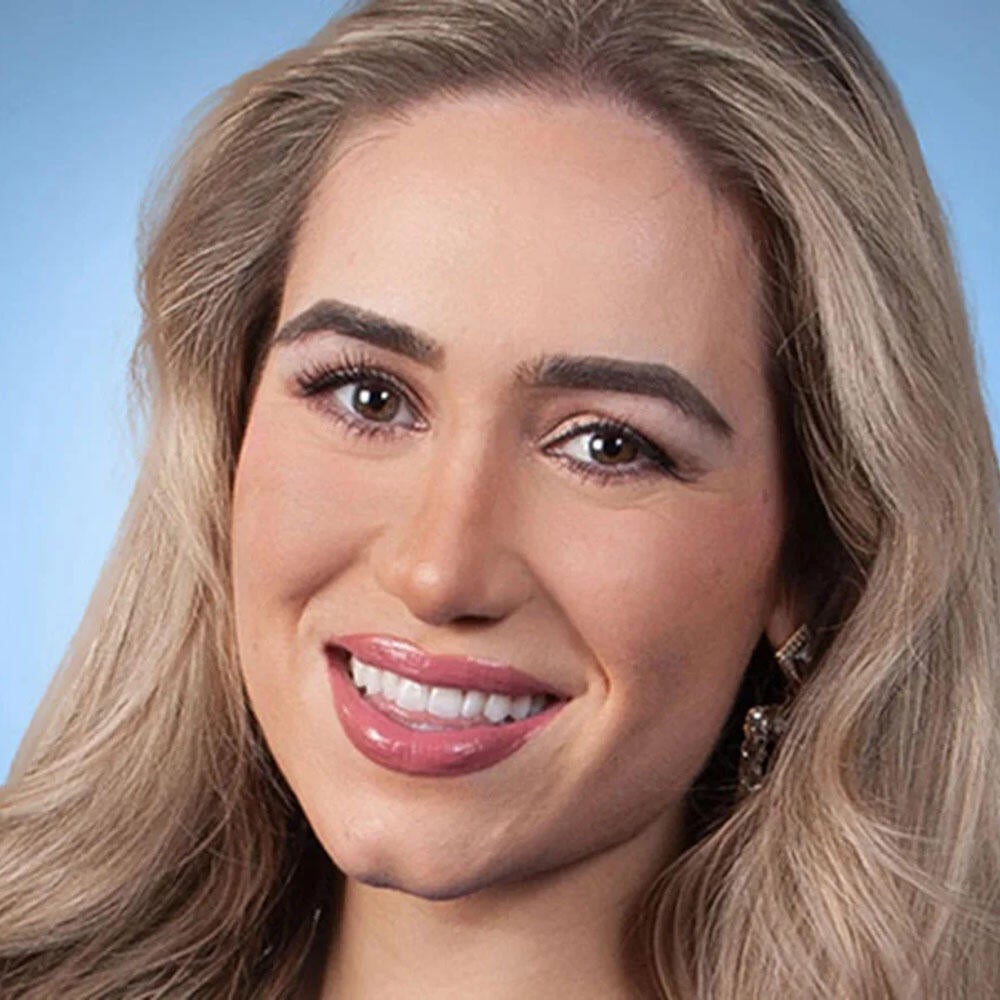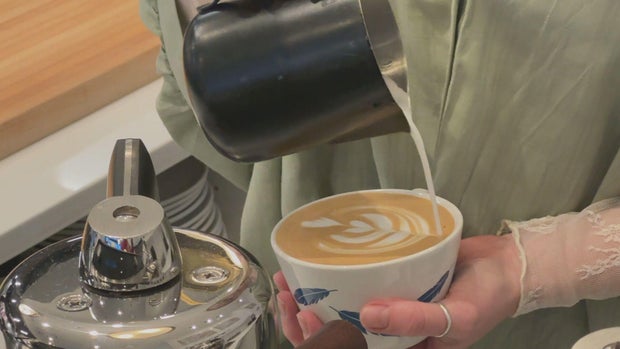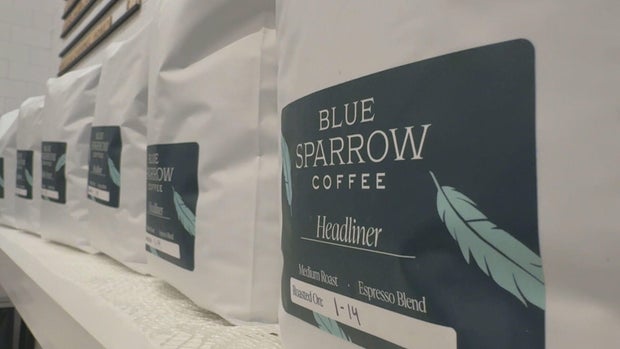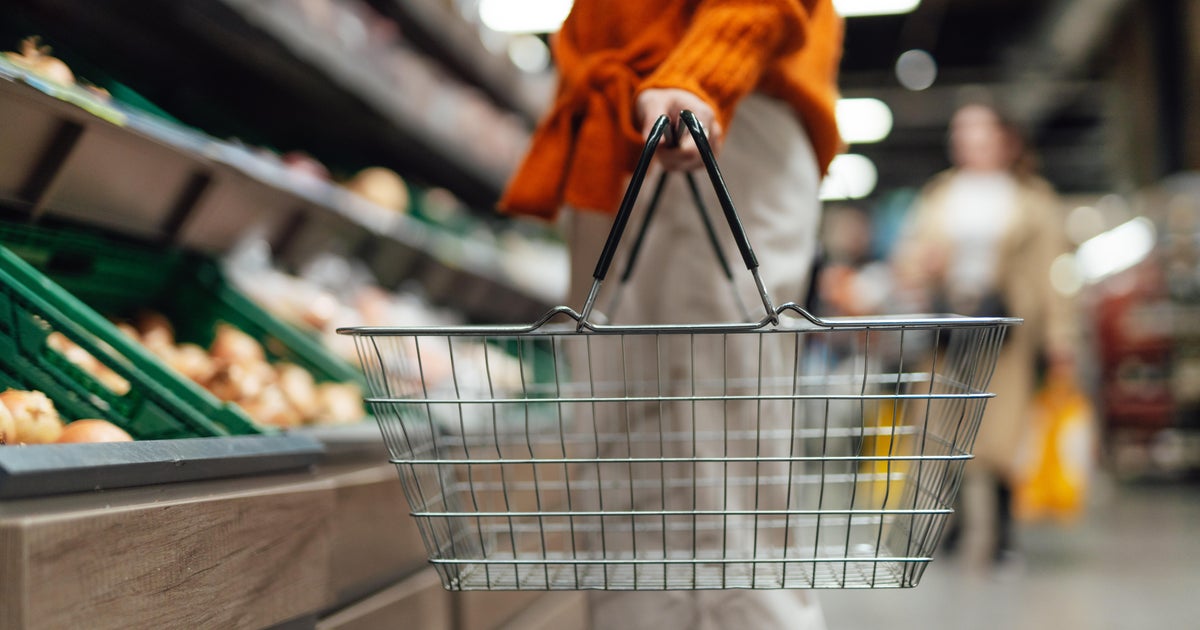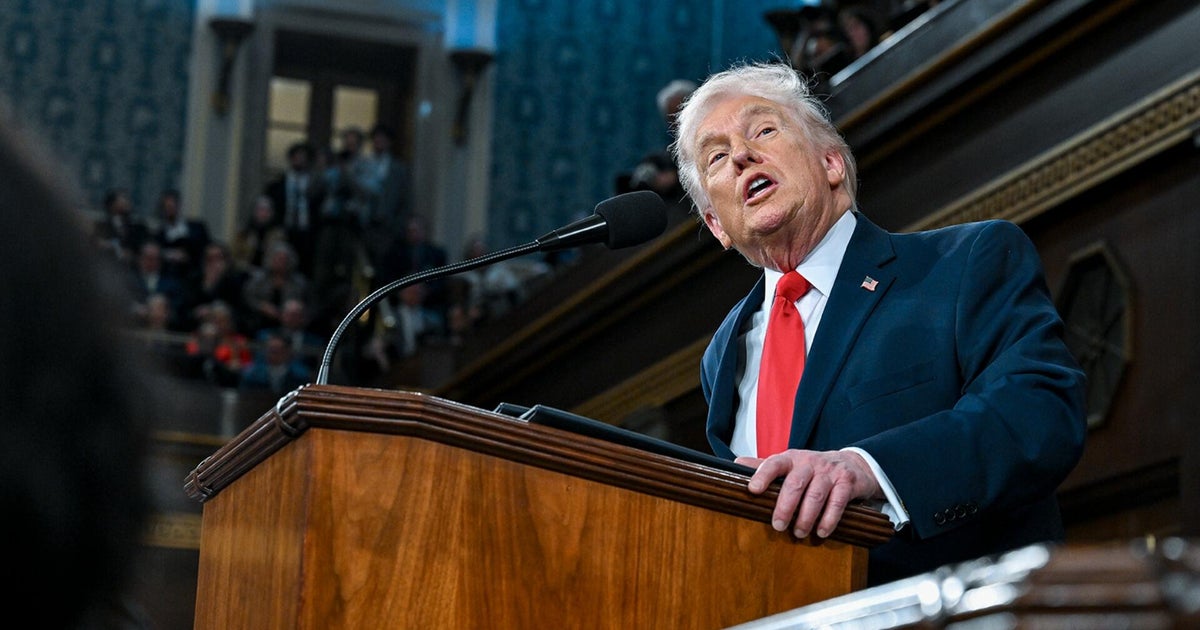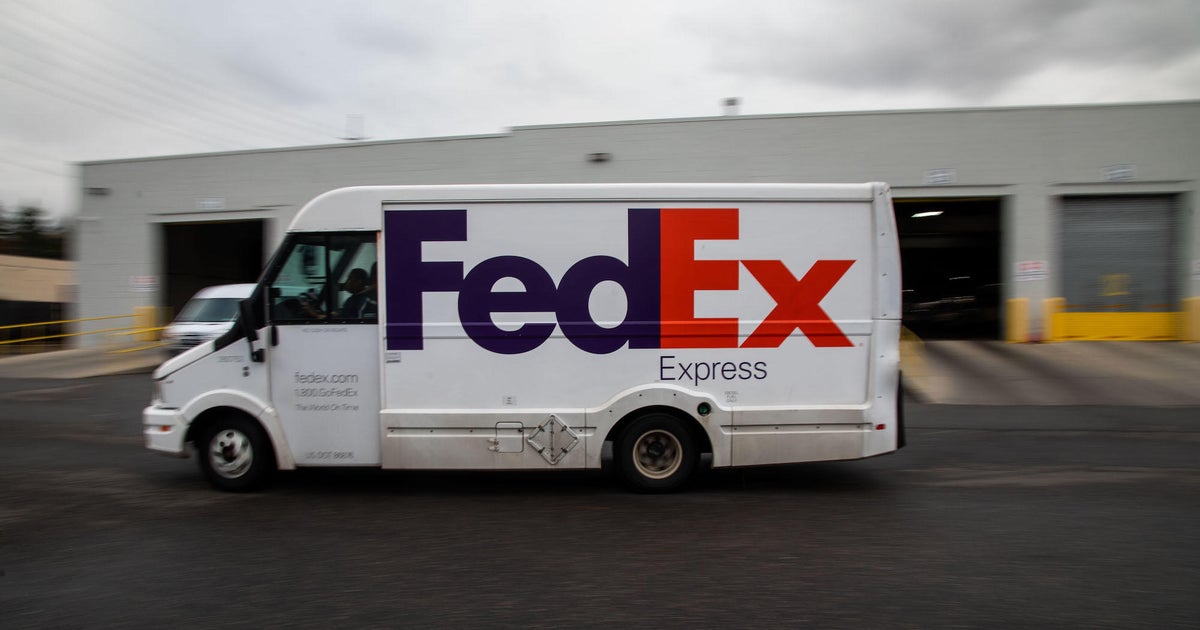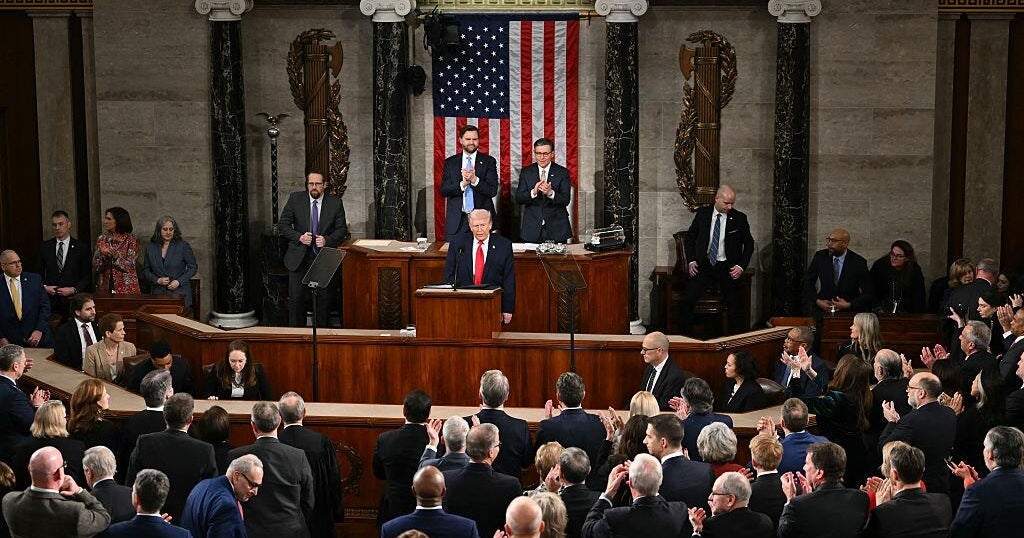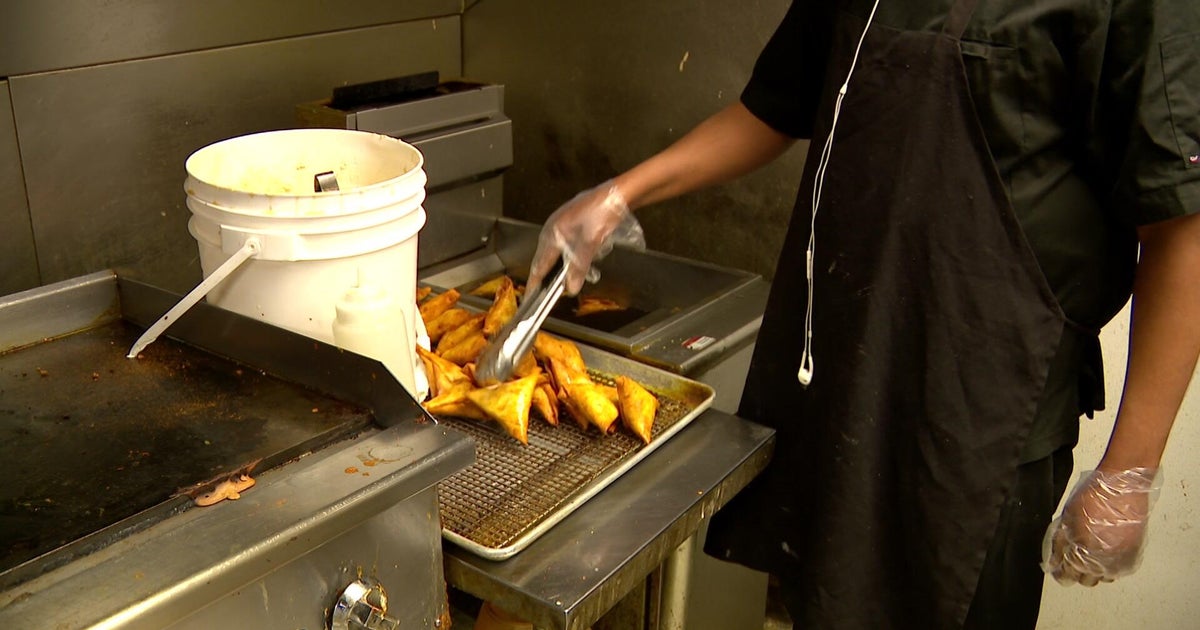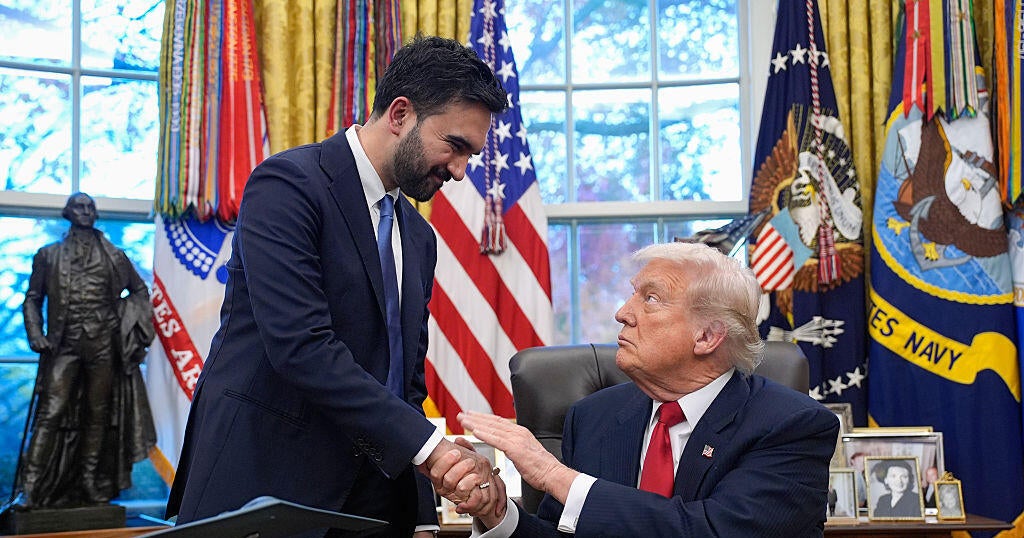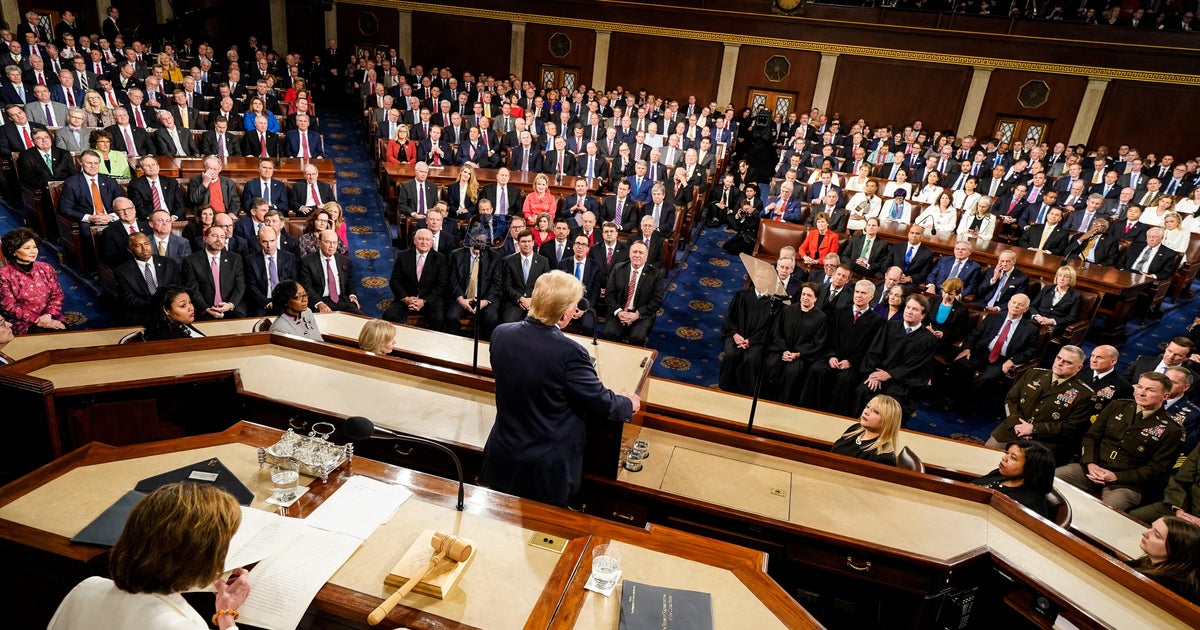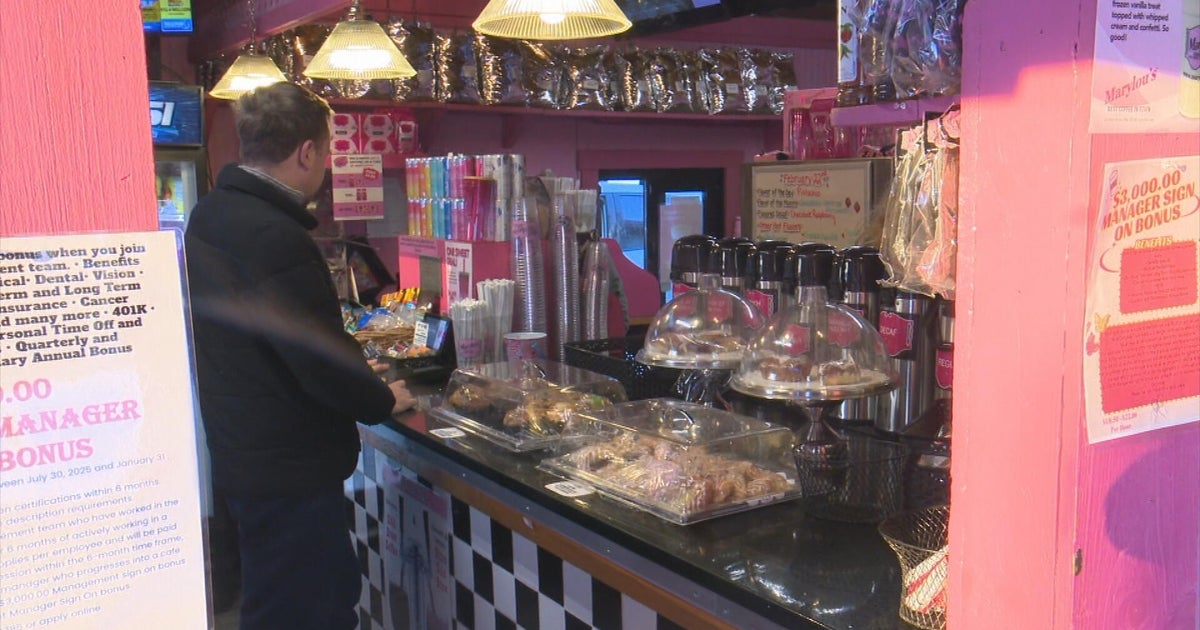Denver coffee shops remain concerned after crisis averted, Trump walks back Colombia tariff plans
President Donald Trump announced late Sunday that his administration will not impose sanctions and tariffs on Colombia, reversing an earlier decision to enact the measures.
Earlier in the day, Trump declared a 25% tariff on all goods imported from Colombia to the U.S., set to increase to 50% after one week. The measures were in response to Colombia's decision to block the arrival of deportation flights using military aircraft. The president also threatened a travel ban and immediate visa revocation for Colombian government officials and their allies.
In response, Colombia's president announced retaliatory levies on U.S. goods. However, late Sunday, Colombia changed course and agreed to accept the deported migrants, prompting the U.S. to lift its tariff threats.
This is a crisis averted for coffee drinkers and roasters. The proposed tariffs would have significantly impacted companies that import goods from Colombia, with costs likely passed on to consumers. Colombia is one of the largest coffee exporters to the U.S., and coffee prices have already been rising. The tariffs could have caused them to soar further.
"I probably drink about two cups of coffee, two to three cups of coffee a day," said Kristy McElhattan.
With Colombia's concession to the Trump administration, coffee drinkers like McElhattan won't have to worry about the price of their morning cup of joe increasing.
"I'm worried that it's already expensive to get a really good cup of coffee these days anyways, and now for it to go up even more, I think that it's, yeah, I think it's a bummer," McElhattan said.
McElhattan feared a 50% tariff against Colombia would force her to cut back and hurt the local businesses she supports.
"I would have to make really hard decisions, probably, whenever I'm at the grocery store or even going out. I probably wouldn't go out to get coffee as much," she said.
The owner of Denver's Blue Sparrow Coffee, Jeffrey Knott, shared his concerns about the potential tariff in a statement to CBS Colorado:
"Between the port strikes in October, drought and flooding in Brazil, and now the tariffs, we're looking at a perfect storm. Coffee prices are up 40% in the last 6 months putting us at a 50-year high with no end in sight. We do our best to keep our prices down for our customers however our profit has fallen 60% in the last 12 months. All of this will have to be passed on to the customer, and sooner rather than later."
While a coffee crisis has been averted, concerns about high prices persist, as other tariffs could still be brewing under this administration.
"The grocery bill is just always going up and up. But I don't know if the quality of what you're getting is going up and up. You know, I think that you're not necessarily getting what you're paying for," McElhattan said.
Trump stated that the tariffs will be imposed if Colombia does not honor the new agreement.
According to the State Department, the U.S. is Colombia's largest trade partner. Colombia's top export to the U.S. is Petroleum, so a tariff could also impact gas prices. Other exports include flowers and precious gems, which could have made for an expensive Valentine's Day for Americans.
